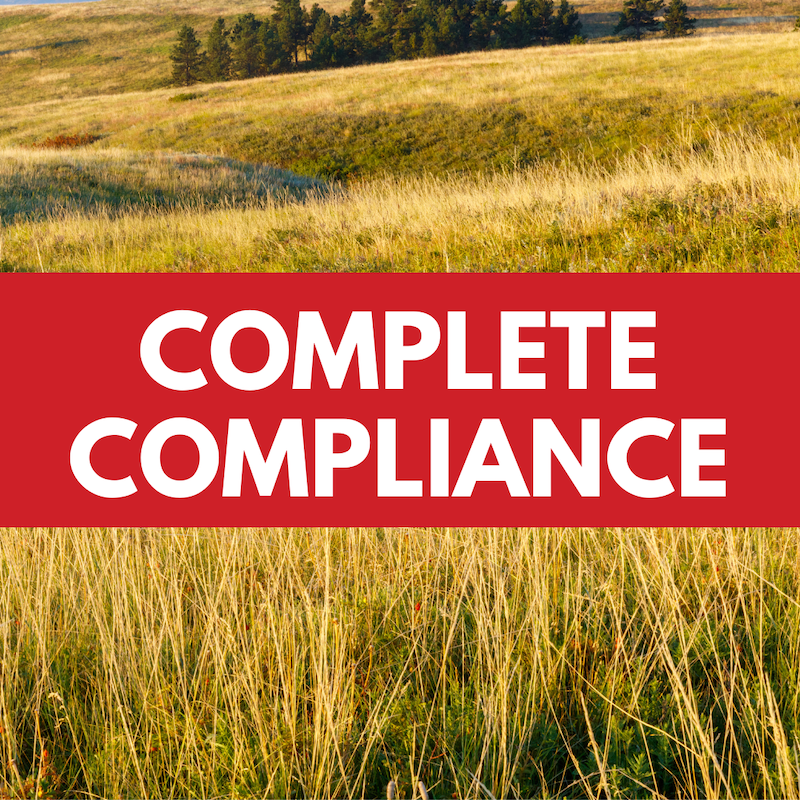The U.S. Fish and Wildlife Service (Service) has increased measures to ensure the interest of the United States is protected and landowners fully comply with the terms of conservation easements.
In October of 2022, the Division of Natural Resources and Conservation Planning for the National Wildlife Refuge System beefed up their manual for acquiring and administering conservation easements.
The finalized policy is to ensure landowners are not violating any of the terms of the easements. Under the section “Our policy on administering and enforcing conservation easements,” the new policy states:
“Conservation easements encumber private property, are subject to ownership changes, are typically perpetual in nature, and are often dispersed on the landscape. As a result, they are especially vulnerable to activities that violate Refuge System property rights and damage habitat values.”
Stating that “Easement enforcement is a high priority for the Refuge System,” the new policy authorizes several ways that “Refuge Managers, their employees, or Federal Wildlife Officers should look for any irregularities or activity that may be a violation of the provisions in the easement document by:
- Performing onsite visits.
- Using aerial reconnaissance.
- Reviewing current year aerial imagery, or
- Using other remote sensing technology … (e.g. satellite imagery, trail cameras, environmental sensors, unmanned aerial systems.)”
It also allows third parties to report potential violations.
Refuge managers are encouraged to conduct these monitoring/inspection activities “at the time of year when violations most commonly occur or are most easily detected (e.g., during the State’s hunting season, in mid-winter when there’s little foliage).”
Once a violation of the easement has been reported, either the Refuge Manager or the Federal Wildlife Officer will contact the landowner to enforce compliance. “Voluntary compliance is the intent of the Service, but criminal investigation can be triggered at any time during compliance management.” A Federal Wildlife Officer is the uniformed law enforcement officer of the U.S. Fish and Wildlife Service. It will be this officer, not the County Sheriff, that will be investigating the potential violation.
If the landowner is considered non-compliant, the case is assigned to the Refuge Law Enforcement division for a criminal investigation. This division will determine whether civil or criminal charges will be filed against the landowner to be resolved in federal court.
The Service states the policy is necessary because the Service finds that landowners “may accidently or intentionally degrade and threaten the conservation value and the habitat and wildlife protection interests of the United States in these lands.”
Landowners considering signing a conservation easement to help expand a National Wildlife Refuge need to be fully aware the Service will enforce complete compliance with the terms, including by filing criminal charges if necessary.


